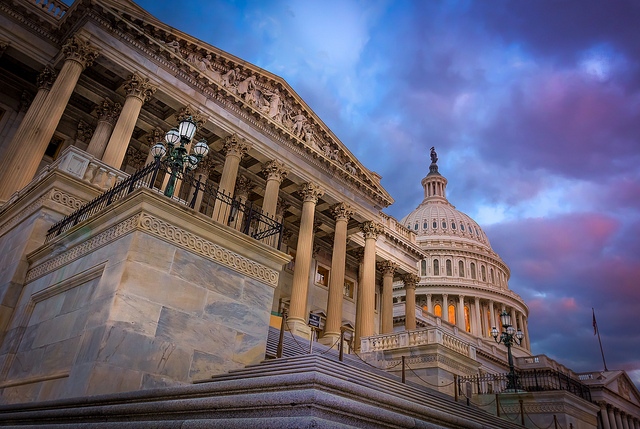The Nunes Memo: What You Need to Know and Why You Should Care
February 14, 2018
The Nunes Memo is a four page memorandum that has dominated several recent news cycles. But what is this memo about? And why is it such a big deal? To answer those questions, here’s a brief recap of some of the key details involved in this complex story.
The Nunes Memo was created by Devin Nunes, a Republican U.S. Representative for California, and was declassified by order of President Trump on February 2nd, in an apparent attempt to deride the credibility of the Department of Justice and FBI.
However, both Democrats and Republicans have called into question the reliability of the memo because it seems to lack evidence to back up its primary claim. In fact, prior to its release, the FBI issued an unheard of public statement saying that they had “grave concerns about material omissions of fact that fundamentally impact the memo’s accuracy,” and the Justice Department also said that releasing the memo would be “extraordinarily reckless.”
The memo essentially claims that the two federal agencies abused the Foreign Intelligence Surveillance Act, which is a federal law that allows for electronic surveillance between foreign powers and agents of foreign powers who are suspected of terrorism or espionage.
What Republicans say the memo reveals is an anti-Trump conspiracy within both the FBI and the DOJ because the Clinton campaign financed the “tainted” Steele dossier which lead to the original FISA warrant being granted to begin surveillance on Carter Page, who became a consultant and foreign policy adviser to the Trump campaign. This was a key part of the initial stages of the still ongoing investigation into possible collusion between Donald Trump’s campaign and Russia.
In fact, a day after the memo’s release, the President tweeted that it “totally vindicates” him and that “no Collusion” or “Obstruction.”
Then, on February 9, President Trump blocked the release of a Democratic memo rebutting the claims made by Mr. Nunes and his staffers. Trump said the Democratic memo was “very political” and was in need of “heavy redactions” before it could be released. Since then this move has been the source of much scrutiny from both Democrats and Republicans, and has many wondering how serious the factual “omissions” the FBI warned of really are in the original memo.
What some others are left wondering is why the President and House Republicans would even want to release the original memo. The memo asserts that the FBI and the DOJ had reason to believe that a member of Trump’s campaign was committing either espionage or terrorism, and that they had the evidence needed to get a FISA warrant from a judge. Is this truly exoneration for President Trump, or fuel for Special Council Mueller’s investigation?
The long term impact of what the FBI is calling a “reckless” release of classified information poses a host of questions for the American political scene going forward. Which do Americans trust more, their President, or the FBI and DOJ, and should they be forced to choose?
But for now, the country awaits the release of the revised Democratic memo wondering what changes, if any, it might bring to this situation and how it might influence the pivotal upcoming midterm elections.
Creative Commons photo source: https://www.flickr.com/photos/premierehdr/8749459428





